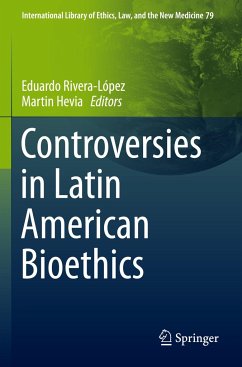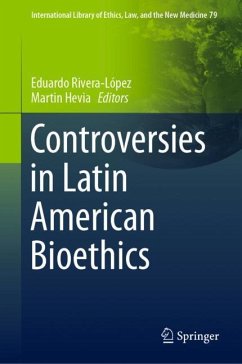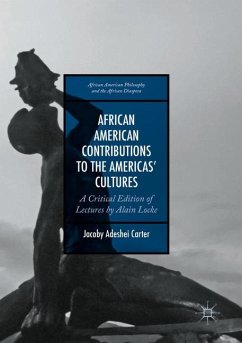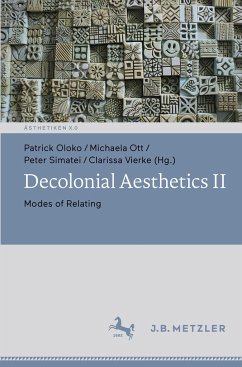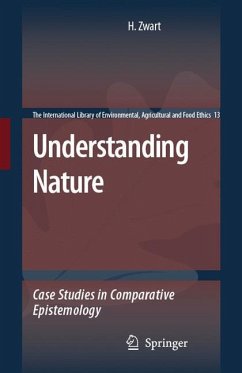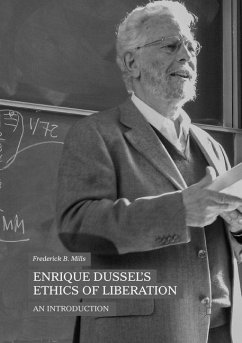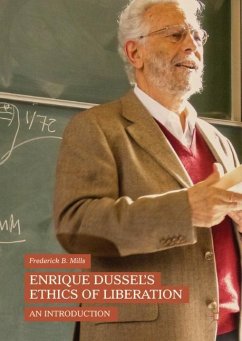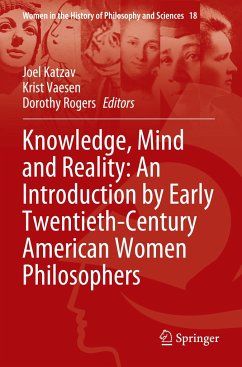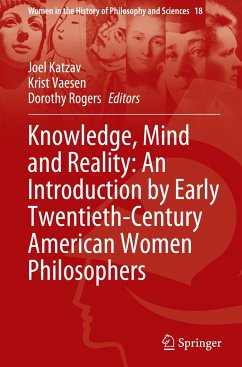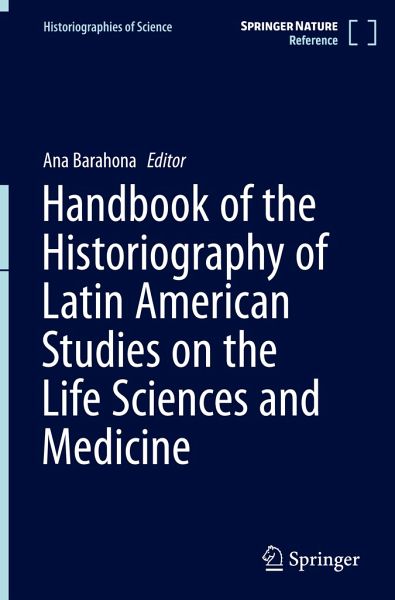
Handbook of the Historiography of Latin American Studies on the Life Sciences and Medicine
Versandkostenfrei!
Versandfertig in 1-2 Wochen
214,99 €
inkl. MwSt.

PAYBACK Punkte
107 °P sammeln!
This volume provides a definitive assessment of the historiography of the life sciences and medicine in Latin America. It makes historiographic work available for new scholars to join the field and for graduate students and other scholars new to the history of science in Latin America, by means of meaningful and original contributions.This volume brings transnational analysis to the center of global historiographical discussions. It seeks to contribute both empirically and theoretically to the fields of History of Science and Science and Technology Studies (STS) in Latin America, to account fo...
This volume provides a definitive assessment of the historiography of the life sciences and medicine in Latin America. It makes historiographic work available for new scholars to join the field and for graduate students and other scholars new to the history of science in Latin America, by means of meaningful and original contributions.This volume brings transnational analysis to the center of global historiographical discussions. It seeks to contribute both empirically and theoretically to the fields of History of Science and Science and Technology Studies (STS) in Latin America, to account for how the knowledge produced in developing countries is part of international knowledge as it circulates in transnational collaborative networks. The volume consists of articles written by experienced, expert authors who expose the lines of ongoing research in the history of life sciences and medicine in Latin America in order to provide an overview of the multiplicity of analytic frameworks and perspectives in a way that allows them to be contrasted with each other. Some of the topics discussed include Asymmetrical networks of collaboration, Circulation of Knowledge, Conceptual History, History and Art, History of Race, Gender and the like, and many more.



